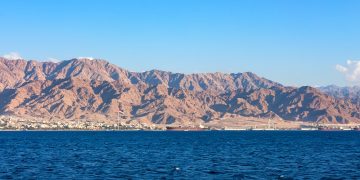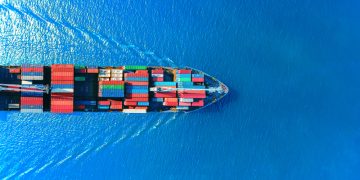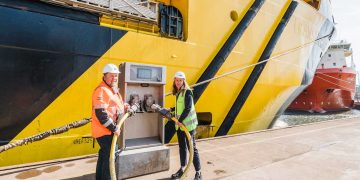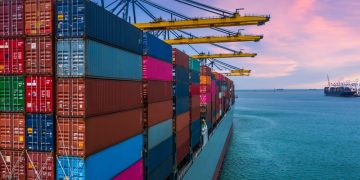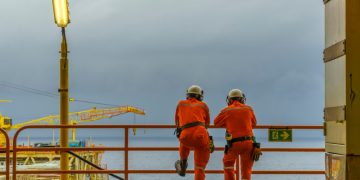UK P&I Club issues legal briefing on Polar Code
The latest legal briefing from the UK P&I Club covers the Polar Code: a new regulation for polar shipping.This briefing is one of a continuing series which aims to share the legal expertise within the Club with its Members.A significant proportion of the expertise in the Managers’ offices around the world consists of lawyers who can advise Members on general P&I related legal, contractual and documentary issues.The International Code for Ships Operating in Polar Waters was adopted by the International Maritime Organization (IMO) on 15th May 2015, and expected to come into force on 1 January 2017.The code is mandatory and comprises of detailed requirements relating to safety, design, construction, operations, training and the prevention of environmental pollution.The Code applies to all shipping and maritime operations apart from fishing ships, ships under 500 tonnes and fixed structures.Pollution prevention measuresThe discharge of oil/oily mixtures from any ship into Arctic waters is prohibited by the Code.This includes any noxious liquid substances or any mixture containing such substances as well as sewage and garbage unless discharged in accordance with MARPOL Annex IV andV. However, this prohibition does not apply to clean or segregated ballast. The Code also requires that oil fuel tanks of Category A and ...
Read more





